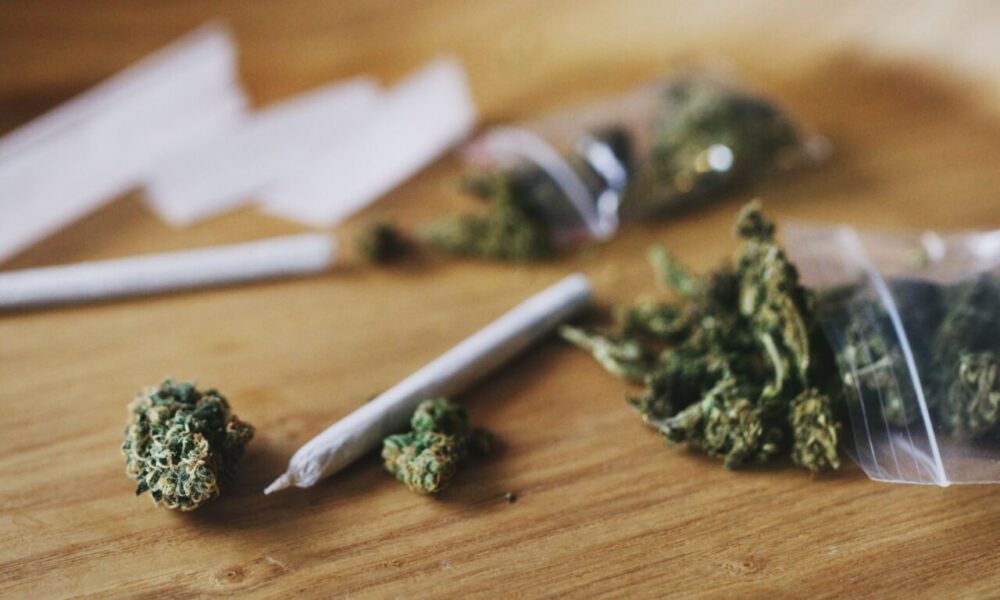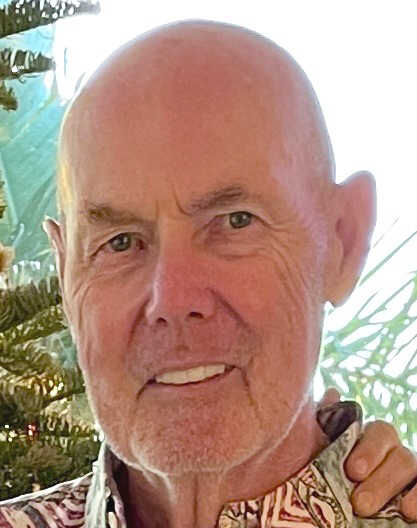A recent study from the University of Michigan reveals that a significant number of young American adults are using cannabis and alcohol to aid their sleep. The research indicates that about one in five individuals aged 19 to 30 have turned to these substances for help with sleep, highlighting a growing trend among this demographic.
The study, published in JAMA Pediatrics, analyzed data from the long-term Monitoring the Future (MTF) Panel Study. This project, which tracks drug use and health among teens and young adults, surveyed nearly 1,500 participants to gather insights about their sleep aid preferences. Findings show that approximately 22% of respondents reported using either cannabis or alcohol in the past year to assist with sleep. Notably, around 18% of participants specifically utilized cannabis, while about 7% relied on alcohol for the same purpose.
Understanding the Trends
The data revealed that among those who reported using cannabis, nearly 41% had used it specifically to help them sleep. In contrast, only about 9% of regular alcohol users cited the same reason. The study noted that individuals who engaged in daily or near-daily use of these substances were more likely to report their use as a sleep aid.
The issue of sleep disturbances is prevalent, with a 2022 study estimating that roughly 30% of adults in the United States experience sleep difficulties. This includes 23% of adults aged 20 to 39, explaining why many young individuals may resort to cannabis and alcohol for relief.
Potential Risks of Substance Use
While cannabis and alcohol may provide short-term sleep benefits, researchers caution against their long-term use. Regular consumption can lead to habituation, meaning users may require increasing amounts to achieve the same sleep-inducing effects. This escalation raises the risk of developing a dependency, or substance use disorder.
Withdrawal from both cannabis and alcohol can also trigger insomnia, making it challenging for users to stop relying on these substances. The researchers emphasize the need for healthcare professionals to recognize the intersection of substance use and sleep problems among young adults. By doing so, clinicians can intervene before sleep issues or substance habits escalate into more serious health concerns.
“Raising clinicians’ awareness about the common intersection of substance use and sleep problems among young adults is important for screening and developing and offering clinical interventions for these critical health risk behaviors,” the researchers stated in their findings.
As awareness builds around the use of cannabis and alcohol for sleep, the importance of addressing these behaviors is more critical than ever.







